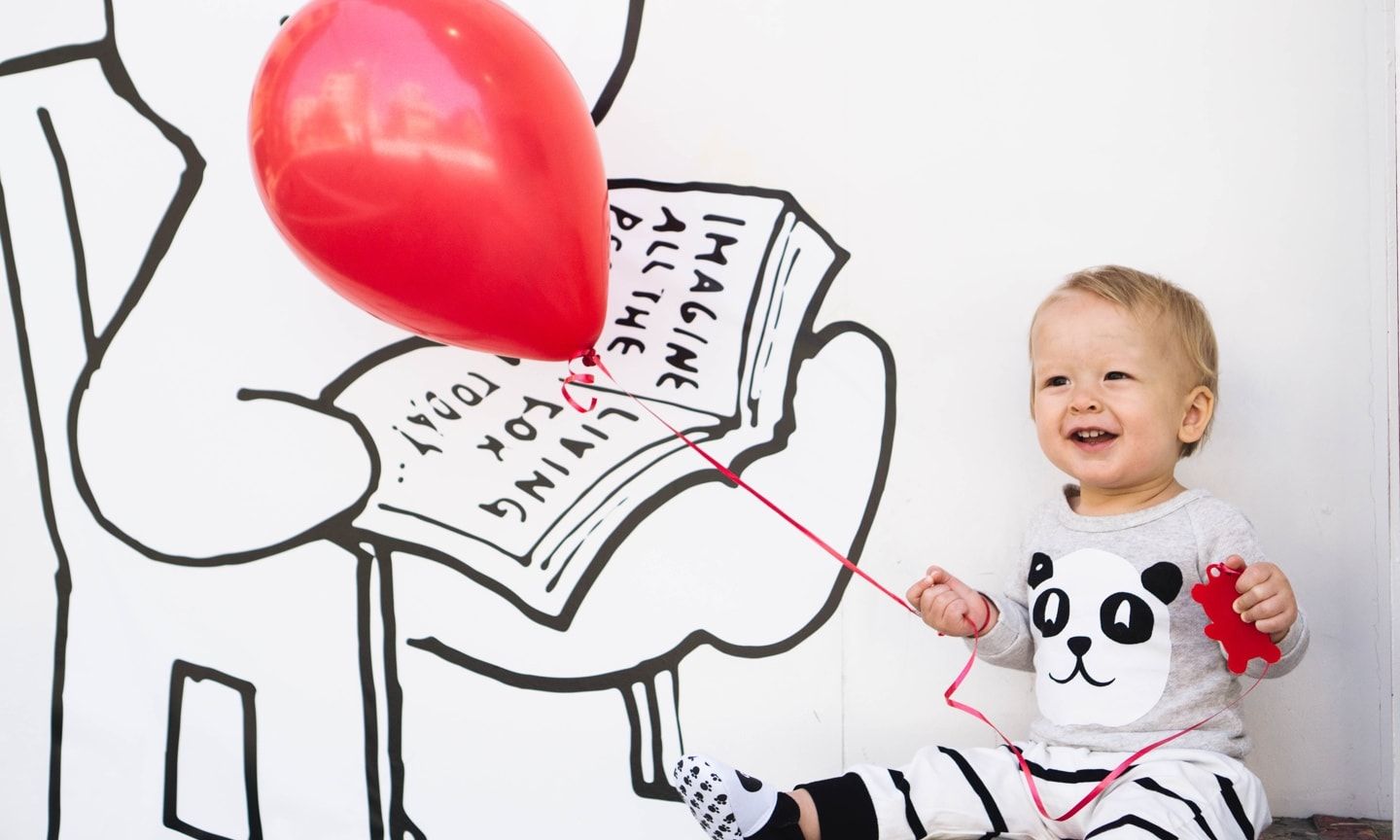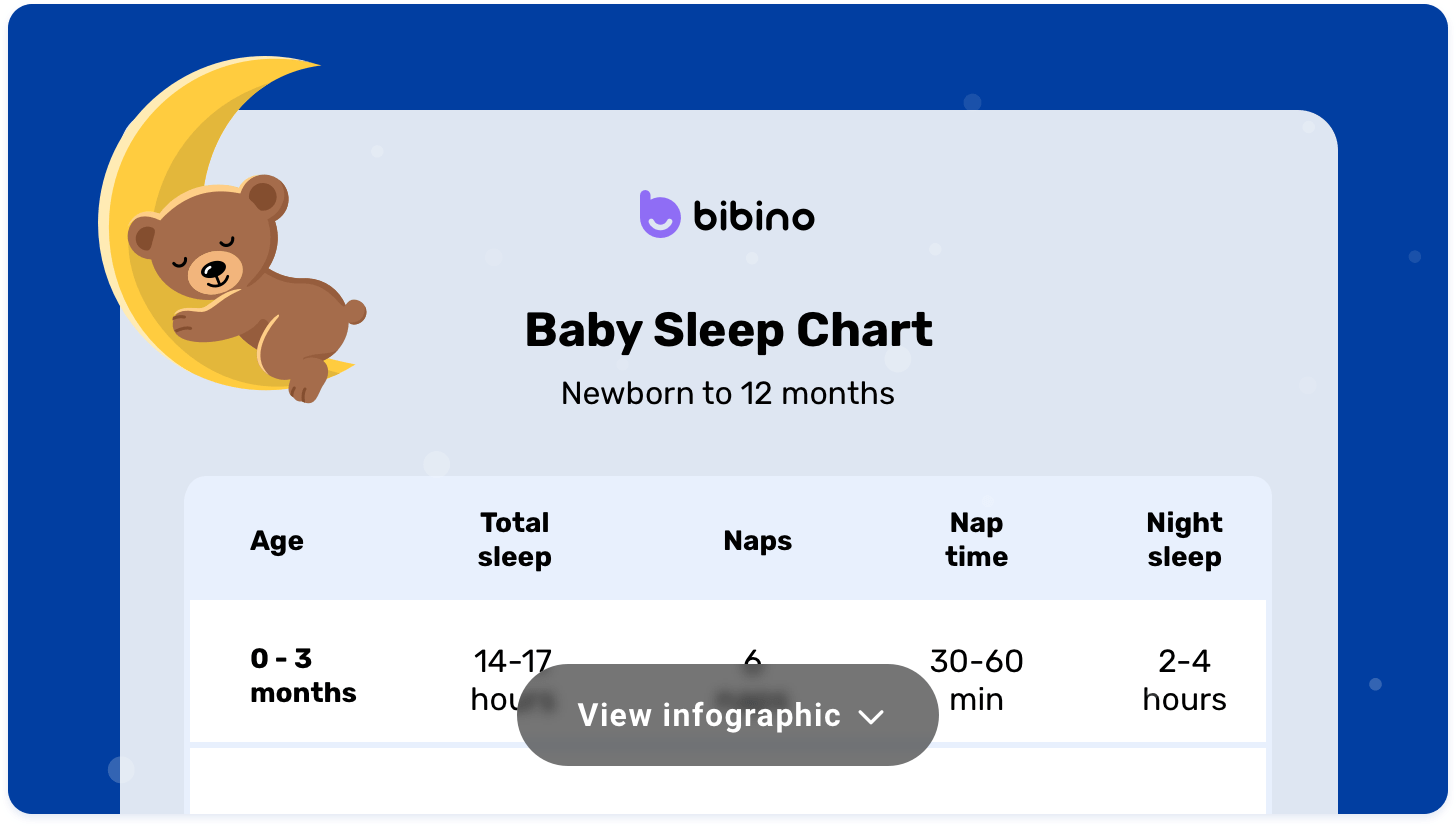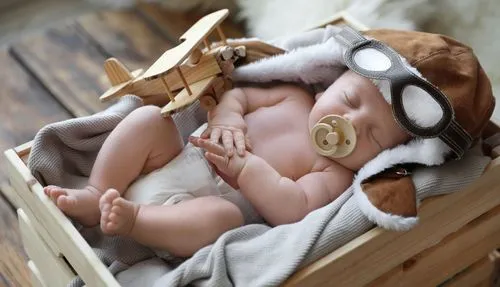Newborn to 12 months: The complete sleep guide
October 14, 2020
Katka

Since becoming a parent, you've probably been asking yourself all the questions in the world about parenting - how much should my baby sleep? When will my baby grow the teeth? Should my baby sleep on the back?
Sleep is one of the most important things during the baby's first few years of life. Hence it's not surprising that babies spend most of the day and night sleeping, especially during the first few months. The baby's sleeping cycle is a constantly evolving process, and therefore it's essential to understand what your baby needs. Our Bibino app is primarily used by parents to monitor their little sleeping angels. We prepared a simple overview of how much sleep babies usually need during the first 12 months of their life.
Newborn sleep: 0-3 months
During the first few months, you can expect your baby to sleep, eat, and repeat. Your baby spends most of the time sleeping in order to develop and to grow.
Characteristics of newborn sleep
You can expect your baby to sleep anything between 14-17 hours in the 24-hour period, usually in 2-4 hour intervals (including night) with breaks for feeding. Babies can also take multiple naps throughout the day. Naps are shorter, generally between 30-60 minutes. At this time, babies don't usually sleep through the whole night because they need to be fed during nap breaks.
How long your baby stays awake will depend on their needs. Usually, newborns stay awake somewhere between 30-45 minutes, which is just enough time to feed them, change the diaper, cuddle, and put them back to sleep.
Active Sleep: The baby may move, grunt, or even cry during this stage. It resembles the REM sleep in adults and plays a vital role in brain development.
Quiet Sleep: During this stage, the baby is calm and motionless. This phase is similar to the deep sleep stage in adults.
Note: Your newborn might have their days and nights mixed up initially, but don't worry - this is normal and will adjust over time.

Infant sleep: 4-6 months
During this time, babies usually need between 12 to 16 hours of sleep in a day. The time babies need to sleep will gradually decrease, and the period when they're awake will prolong. You can expect your baby to be awake for 1-2 hours between the naps, depending on their needs.
Transition to a Sleep Schedule
At this stage, a more predictable sleep schedule begins to form. Most babies start to sleep longer at night and have fewer naps during the day.
Note: Encourage good sleep habits by establishing a bedtime routine. This might include a bath, a book, or a lullaby, signalling to your baby that it's time to sleep.
Baby sleep: 7-12 months
At this age, babies usually sleep somewhere around 10-15 hours a day. Your baby will typically be able to stay awake for 2-3 hours, with a few 1-2 hour naps in between.
The period between the age of 7 to 12 months is also when most babies start to grow teeth, so keep in mind that this may also interfere with your baby's sleeping schedule. It's also the period when your baby will spend less time sleeping and more time playing and exploring the world.
Developing sleep patterns
Most babies in this age group will sleep for longer periods at night and may only need 1-2 naps during the day. Also, your baby may begin to experience separation anxiety which can influence sleep patterns.
Note: Maintain consistency in bedtime routines and manage the environment to ensure it remains conducive for sleep.
Download this infographic to know how much sleep should your baby get.
Is my baby getting enough sleep?
If you're not sure your baby is getting enough sleep through the day and night, it can be a good idea to keep track of when and for how long your baby was sleeping. If you're using our Bibino baby monitoring app, you have a clear overview of all activities after each monitoring. With the Bibino, you can quickly go through the history log from each monitoring and compare how your baby was sleeping. Maybe you'll notice that your baby seems to be sleeping for 2 hours in a stretch in the afternoon, but has more trouble falling asleep in the evening.
Don't have Bibino yet? Try it now for free on iOS, Android, macOS, Windows, and Linux.
How to support your baby's sleep needs
Understanding your baby's sleep needs is only half the battle; the other half involves supporting these needs. Here are a few tips:
1. Create a conducive sleep environment
Your baby's sleep environment plays a significant role in how well and how long they sleep. Ensure the room is quiet, dark, and at a comfortable temperature, ideally between 68-72 degrees Fahrenheit (20-22 degrees Celsius). Using white noise can help drown out disturbing background noises and mimic the sound environment your baby experienced in the womb. Blackout curtains or shades can also be beneficial to limit light intrusion, particularly during summer months or nap times.
2. Dress your baby appropriately for sleep
Your baby's clothing can impact their sleep quality. Aim to dress your baby in one more layer than you would wear to be comfortable in the same room temperature. Choose soft, breathable, and well-fitted clothes like onesies. In colder weather, consider using a wearable blanket or sleep sack for added warmth, keeping safety standards in mind by avoiding loose blankets.
3. Establish a consistent bedtime routine
Consistency is key in establishing healthy sleep habits. Bedtime routine might include a warm bath, a gentle massage, reading a book, or singing a lullaby before bed. These routines signal to your baby that it's time to wind down and sleep. Try to keep bedtime and nap times as consistent as possible each day to help set your baby's internal clock.

4. Promote daytime activity
Promote your baby's activity during daytime to help them differentiate between day and night. Keep the house light and bright during the day, and play and interact with your baby to keep them engaged. This will help them get more sunlight and hopefully sleep better at night.
5. Be patient and attentive
Remember that every baby is unique and may not adhere strictly to typical sleep patterns. Some might need more sleep; others might need less. Some might sleep through the night early on, while others might take more time. Listen to your baby's cues, and don't stress if they deviate from the 'norm'. Patience and attention to their specific needs are key in supporting their sleep.
6. Seek professional advice
If you're ever in doubt or if your baby consistently struggles with sleep, don't hesitate to reach out to your pediatrician or a child sleep consultant. They can provide you with professional advice tailored to your baby's unique needs.
Frequently asked questions
1. How can I get my newborn to sleep at night instead of the day?
This common issue is known as day-night confusion. Try to keep your home light and active during the day and dark and quiet at night to help your baby adjust their internal clock.
2. My baby is sleeping too much, should I wake them up?
Newborns sleep a lot, typically up to 17 hours a day. However, they usually wake up on their own for feedings. If your baby consistently sleeps for stretches of 5-6 hours, consult with your pediatrician.
3. What should my baby wear to sleep?
The general rule of thumb is to dress your baby in one additional layer than you would wear to be comfortable. Overdressing can result in overheating, which can disrupt their sleep.
4. How can I soothe my baby back to sleep?
Try soothing techniques such as gently rocking your baby, singing a lullaby, or offering a pacifier. If these methods don't work, your baby may be hungry or need a diaper change.
5. When should I start sleep training my baby?
There's no definitive answer, as every baby is unique. However, some experts suggest that sleep training can be initiated between 4-6 months, when babies start to develop a more consistent sleep schedule.

Conclusion
Every baby has unique sleep needs, but understanding the general sleep patterns and behaviors at each developmental stage is crucial. From the newborn phase through to the end of their first year, babies undergo significant changes in their sleep habits. This guide should serve as a starting point for navigating these changes, identifying signs of sleep readiness, and overcoming common sleep challenges.
Remember to provide a safe and comfortable sleep environment and to be patient and consistent with your baby's sleep routine. As you and your baby grow together in this journey, remember that each phase, while challenging, is temporary and contributes to their healthy growth and development.
Used resources:
- SUNI, Eric. How Much Sleep Do Babies and Kids Need? SleepFoundation.org. 2020. Available at: https://www.sleepfoundation.org/articles/how-much-sleep-do-kids-need
- Sleep needs for babies. RaisingChildren.net.au. 2020. Available at: https://raisingchildren.net.au/babies/sleep/understanding-sleep/sleep-needs-for-babies#babies-under-12-months-sleep-needs-nav-title
- Baby Sleep Simplified: Newborn Sleep Schedules + Patterns. Nested Bean. 2020. Available at: https://www.nestedbean.com/pages/baby-and-newborn-sleep-schedules-patterns/#0-6weeks
Continue reading...
Show all articlesCopyright & trademark notices
Apple, the Apple logo, and iPhone are trademarks of Apple Inc., registered in the U.S. and other countries and regions. App Store is a service mark of Apple Inc. Mac App Store is a service mark of Apple Inc. Google Play and the Google Play logo are trademarks of Google LLC. Windows® and the Windows logo are either registered trademarks or trademarks of Microsoft Corporation in the United States and/or other countries. Linux® is the registered trademark of Linus Torvalds in the U.S. and other countries.



